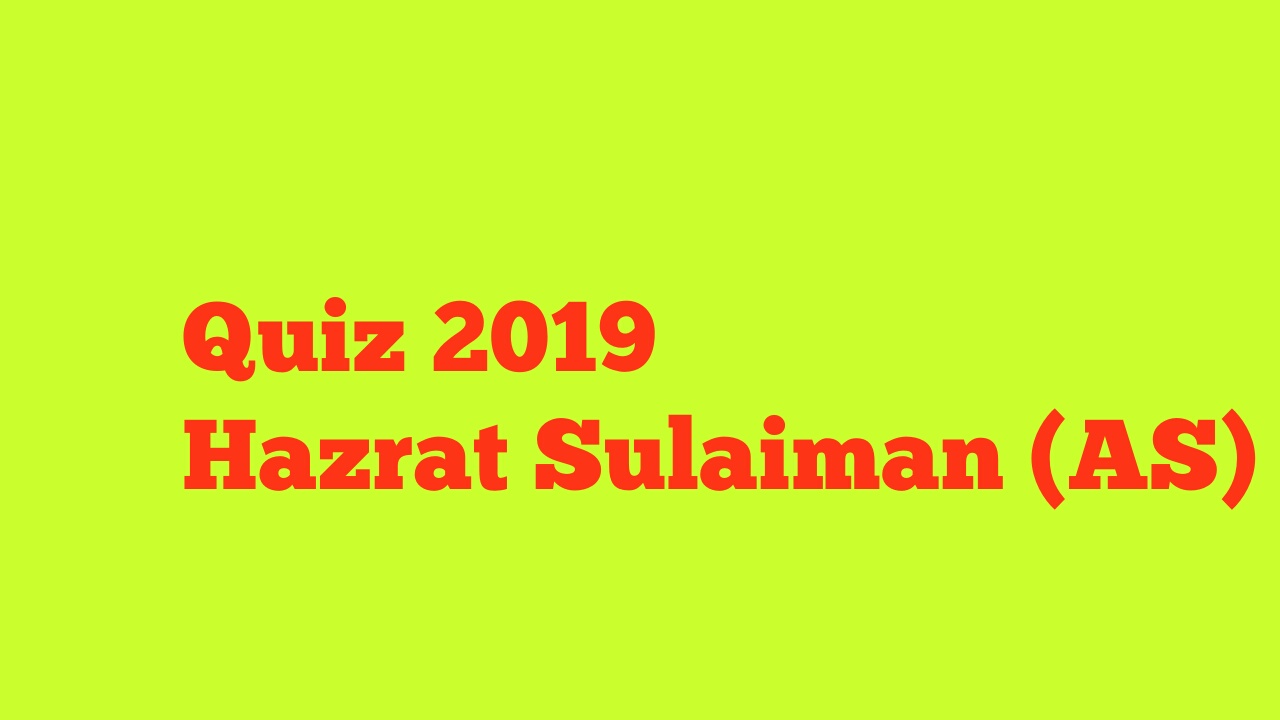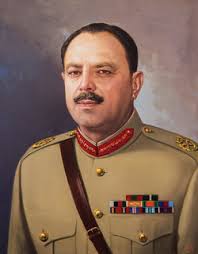Answers of Quiz 1710 (Executive Branch of Government)
1. Branch of a government responsible for putting policies or laws into effect.
2. By general definition, the executive branch of government is the one that has sole authority & responsibility for the daily administration of the state bureaucracy.
3. Intizamia
4. Prime Minister of Pakistan
5. Prime Minister of Pakistan
6. Executive Branch
7. President of Pakistan
8. (i) Resign (ii) Impeachment (iii) 2/3 votes by MPs
9. I. Governors of 4 Provinces
II. Chief Justice of Pakistan (consultation required by PM)
III. Chief Election Commissioner (consultation required by PM)
IV. Attorney-General & Controller
V. Auditor-General
10. I. Key administrative & military appointments in Pak Armed Forces
II. Chairman & other Members of the federal commissions & public institutions
III. Ambassadors & High Commissioners to other countries
IV. Cabinet Secretaries & directors in administrative positions of the govt
11. President of Pakistan
12. 11% of total strength of Members of Parliament (MPs)
13. President of Pakistan
14. Minister of State is a junior minister who is assigned to assist a specific cabinet minister.
15. A Cabinet Secretary is usually a senior official who provides services & advice to a Cabinet of Ministers as part of the Cabinet Office.
16. Above 45 years
17. Above 25 years
18. Aiwan-e-Sadr, Islamabad
19. Prime Minister's Secretariat, Islamabad
20. The President of Pakistan can grant a pardon to or reduce the sentence, reprieve & respite, & remit, suspend or commute any sentence passed by any court, tribunal or other authority, particularly in cases involving a death sentence. The decisions involving pardoning & other rights by the President are independent of the opinion of the Prime Minister or the Parliamentary majority. In most other cases, however, the President exercises his or her executive powers on the advice of the Prime Minister.
21. The Constitution of Pakistan vests the executive powers in the Prime Minister who is responsible for appointing the Cabinet as well as running the executive branch, taking & authorising executive decisions, appointments & recommendations that require executive confirmation of the Prime Minister.
22. (B) Cabinet
2. By general definition, the executive branch of government is the one that has sole authority & responsibility for the daily administration of the state bureaucracy.
3. Intizamia
4. Prime Minister of Pakistan
5. Prime Minister of Pakistan
6. Executive Branch
7. President of Pakistan
8. (i) Resign (ii) Impeachment (iii) 2/3 votes by MPs
9. I. Governors of 4 Provinces
II. Chief Justice of Pakistan (consultation required by PM)
III. Chief Election Commissioner (consultation required by PM)
IV. Attorney-General & Controller
V. Auditor-General
10. I. Key administrative & military appointments in Pak Armed Forces
II. Chairman & other Members of the federal commissions & public institutions
III. Ambassadors & High Commissioners to other countries
IV. Cabinet Secretaries & directors in administrative positions of the govt
11. President of Pakistan
12. 11% of total strength of Members of Parliament (MPs)
13. President of Pakistan
14. Minister of State is a junior minister who is assigned to assist a specific cabinet minister.
15. A Cabinet Secretary is usually a senior official who provides services & advice to a Cabinet of Ministers as part of the Cabinet Office.
16. Above 45 years
17. Above 25 years
18. Aiwan-e-Sadr, Islamabad
19. Prime Minister's Secretariat, Islamabad
20. The President of Pakistan can grant a pardon to or reduce the sentence, reprieve & respite, & remit, suspend or commute any sentence passed by any court, tribunal or other authority, particularly in cases involving a death sentence. The decisions involving pardoning & other rights by the President are independent of the opinion of the Prime Minister or the Parliamentary majority. In most other cases, however, the President exercises his or her executive powers on the advice of the Prime Minister.
21. The Constitution of Pakistan vests the executive powers in the Prime Minister who is responsible for appointing the Cabinet as well as running the executive branch, taking & authorising executive decisions, appointments & recommendations that require executive confirmation of the Prime Minister.
22. (B) Cabinet



Comments
Post a Comment